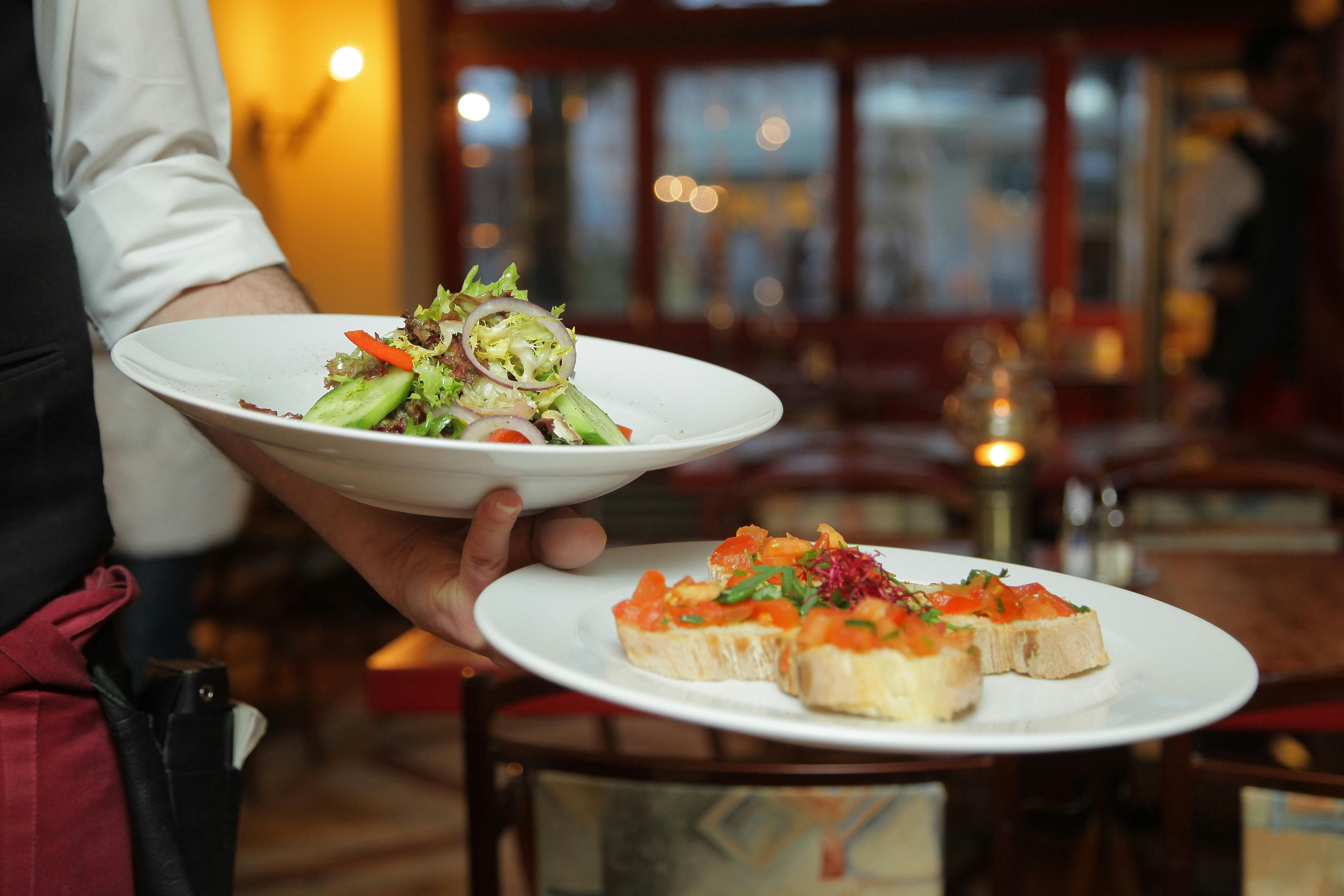What sustainable hospitality looks like in 2024

The Sustainable Restaurant Association shares the key sustainability trends and challenges they’re seeing in today’s hospitality industry.
The hospitality industry sits in a uniquely influential position between food production and the food consumer, with great power to effect positive change in both directions. However, the biggest challenge facing the industry is finding a way to make this a priority while dealing with two immediate and ongoing crises: ever-rising costs and staffing difficulties. This is not an easy time to be a hospitality operator.
These problems demand more urgent attention on a day-to-day basis – but making sustainability a core part of your strategy will help with both. It will also create a business that is resilient in the long term by building stronger supply chains, being prepared for increasingly stringent environmental legislation and giving today’s diners what they want: appealing and delicious menu options that do good for both people and planet.
How sustainability helps manage costs
There are numerous ways in which sustainability improves the bottom line. Careful management of food waste makes a big difference, as can switching to energy efficient equipment and practices. A greater focus on plant-based dishes reduces ordering costs; local and seasonal sourcing lowers transportation costs while supporting the regional economy; strong sustainability credentials can allow for higher pricing; and, with more customers actively interested in sustainable dining, honest communication about your work translates into highly effective marketing.
How sustainability helps manage recruitment
Particularly as more of Gen Z enters the workforce, companies who are doing the hard work (and being transparent about their sustainability goals and progress) find it easier to attract potential employees. Paying fairly and looking after staff wellbeing – important parts of any company’s sustainability work – will also aid retention; don’t forget that recruiting and training new team members costs much more than keeping existing staff happy.
Here are some of the biggest ways we’re seeing hospitality businesses embracing sustainability in 2024.
- Taking care of business means taking care of people. While the environment is often first to mind when you hear the word ‘sustainability’, we’re seeing a new, welcome focus on social sustainability. F&B businesses are putting a lot more care into how they treat their staff and interact with their communities, and into ensuring the people throughout their supply chains are paid fairly and treated with dignity.
- More whole-food plant-based menu options. Including a higher proportion of plant-based foods on the menu – with less (but better quality) meat and dairy – can tick a lot of sustainability boxes at once, reducing emissions, soil and water degradation, land conversion and water use, while supporting better public health. The key to getting this right is to ensure that your plant-rich dishes rank among the most delicious on the menu, making the sustainable choice an easy one for your diners. With people increasingly wary of ultra-processed foods, it’s also advisable to focus on whole-plant ingredients like legumes, tofu, tempeh, mushrooms, nuts and seeds, rather than highly processed meat alternatives.
- Local food has real appeal. Both chefs and diners are invested in provenance. Local sourcing supports small businesses and regional economies and helps customers to feel more connected to their food. Even in cities, we’re seeing smart repurposing of disused spaces for vertical farms and allotments, while restaurants are growing food in their outdoor spaces, on rooftops or right in their kitchens.
- Smart approaches to waste reduction. Restaurants are finding clever ways to prevent waste: things like reviewing portion sizes, careful ordering and stock management, conscious menu design and nose-to-tail/root-to-shoot cooking. This goes for non-food waste, too, with businesses adopting a circular approach in everything from packaging to interior design.
- Embracing renewable energy. More restaurants are making the switch to renewable energy in their kitchens, heating and transportation, which is great. What we need now, though, is to see more widespread commitment to tackling scope 3 emissions – those that occur outside the business itself. These are much trickier to measure and manage, but they represent the single biggest opportunity for emissions reductions in this industry.
For more sustainability insights from The Sustainable Restaurant Association and real-life examples from our global network, visit www.thesra.org, sign up to our newsletter and follow us on Instagram and Linkedin!
)
)
)